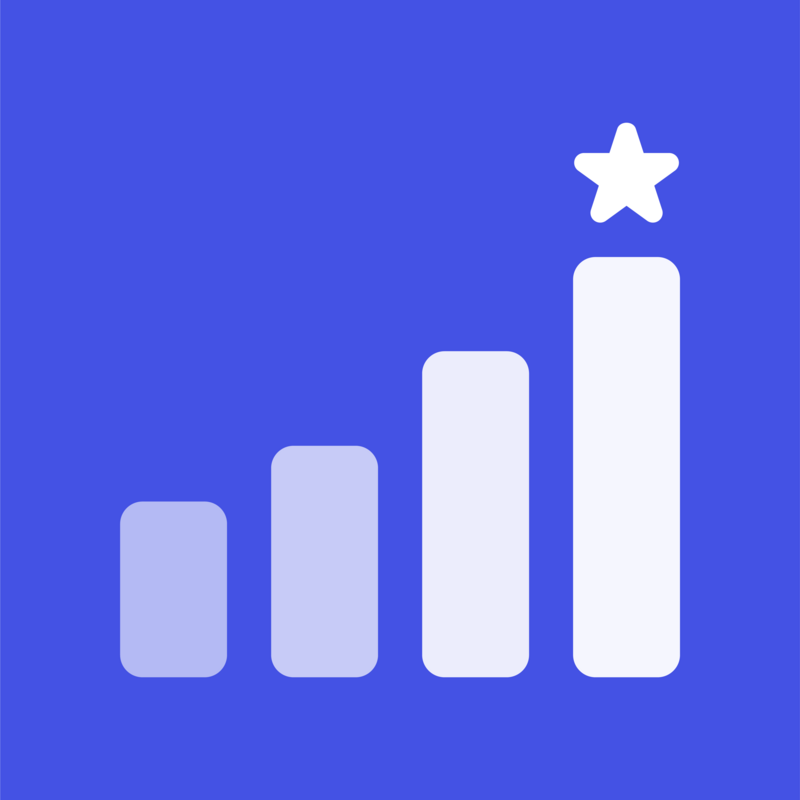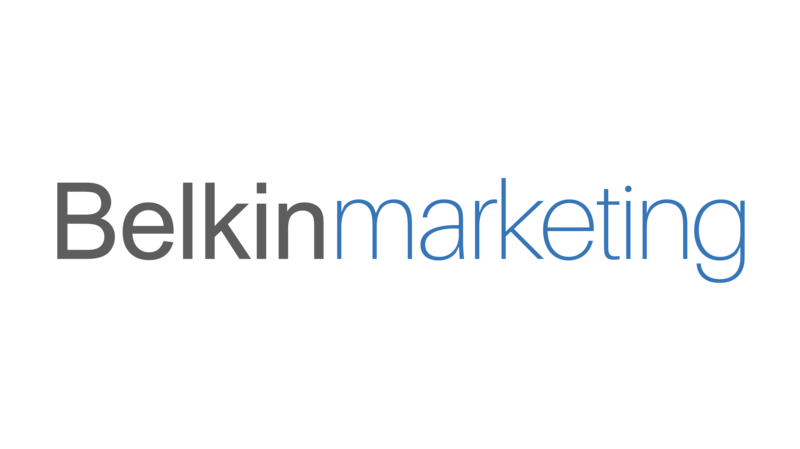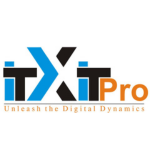
Articles
The Role of AI and Machine Learning in Digital Marketing

Share this post
AI plays a crucial role in digital marketing by enhancing personalization and customer experiences. With vast amounts of customer data available, marketers rely on AI-powered solutions to build detailed customer profiles, segment audiences, and tailor content based on interests, preferences, and habits.
Chatbots and virtual assistants using natural language processing are improving in intelligence and conversation. They provide personalized support, product recommendations, and promotions. AI can also analyze facial expressions and emotions during interactions.
Predictive AnalyticsMachine learning algorithms identify patterns in large datasets to predict future behaviors. This helps marketers optimize key areas like:
• Lead scoring
• Churn prediction
• Recommendation engines
• Forecasting
Multichannel AttributionUnderstanding the impact of each marketing channel on conversions is vital for budget optimization. AI analyzes customer data to model user journeys and identify the most influential touchpoints. This improves attribution models and helps allocate resources to the most effective campaigns.
Programmatic AdvertisingProgrammatic advertising automates ad buying and selling. Machine learning optimizes bid pricing and budget allocation by analyzing audience data. AI determines which ads drive the highest engagement and adjusts strategies accordingly.
Sentiment and Emotion AIAI analyzes social media and other channels to understand consumer sentiment. By detecting emotions like happiness, sadness, or anger, marketers gain insights into brand perception. AI also identifies discussion trends, guiding content and product strategies.
Dynamic Content OptimizationAI enhances copywriting and content personalization. Natural language generation adjusts wording, formatting, and design to boost engagement. Automated A/B testing accelerates the process of identifying the most effective content variations.
ConclusionAI and machine learning revolutionize digital marketing by improving personalization, predictive analytics, and automation. These technologies help marketers leverage data efficiently, gain insights faster, and create impactful campaigns. While AI cannot replace human marketers, it significantly enhances their capabilities, driving innovation and efficiency in digital marketing.




